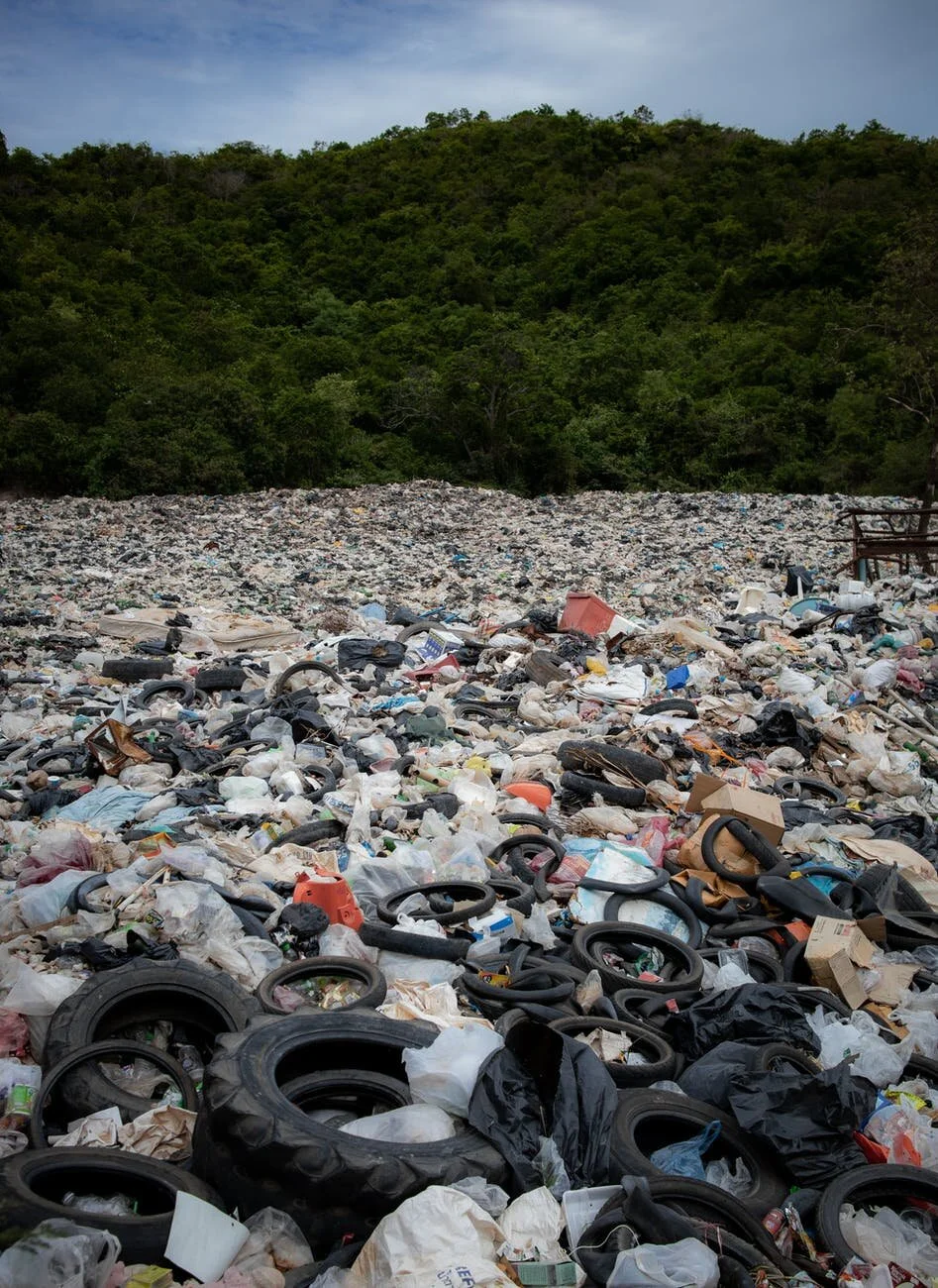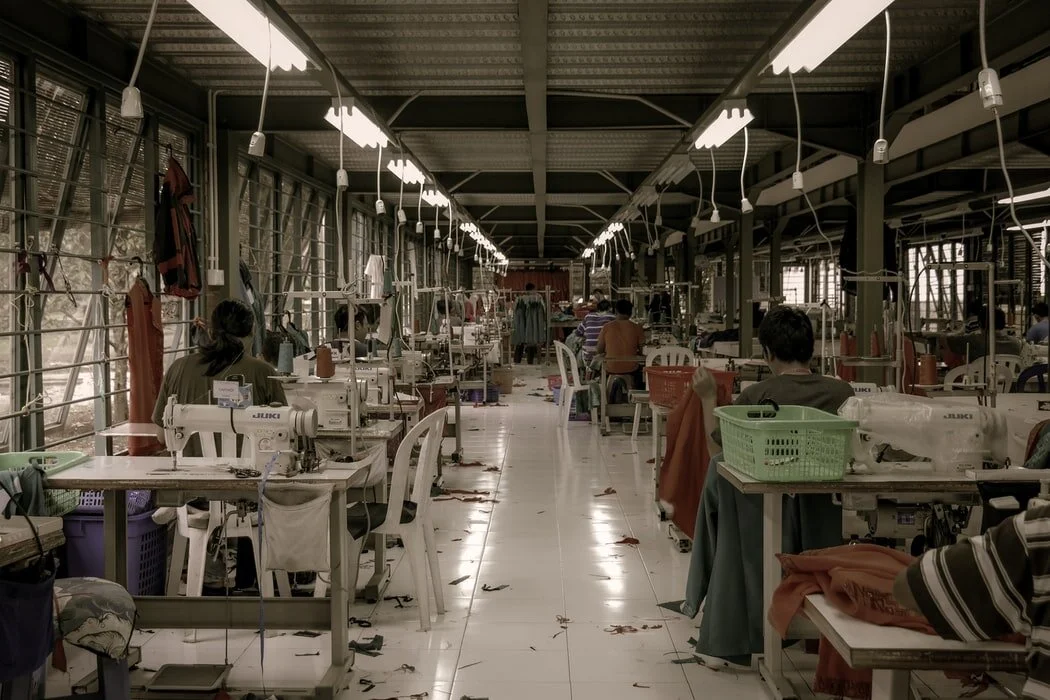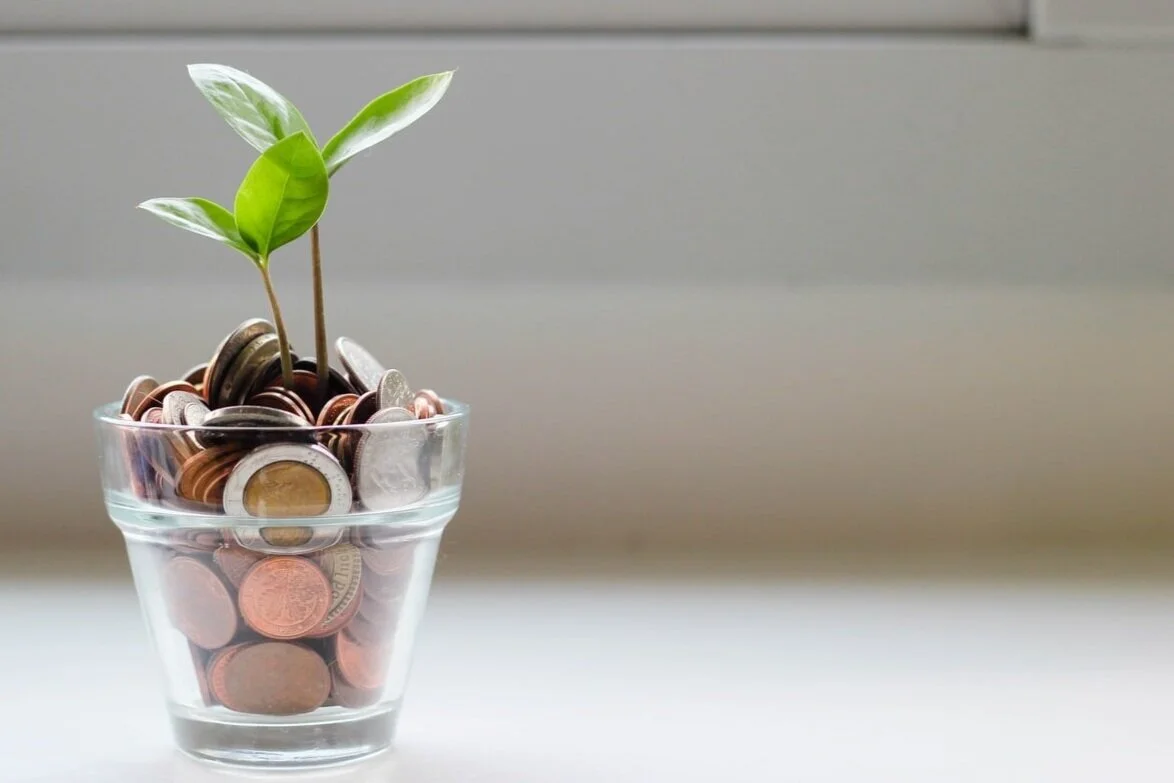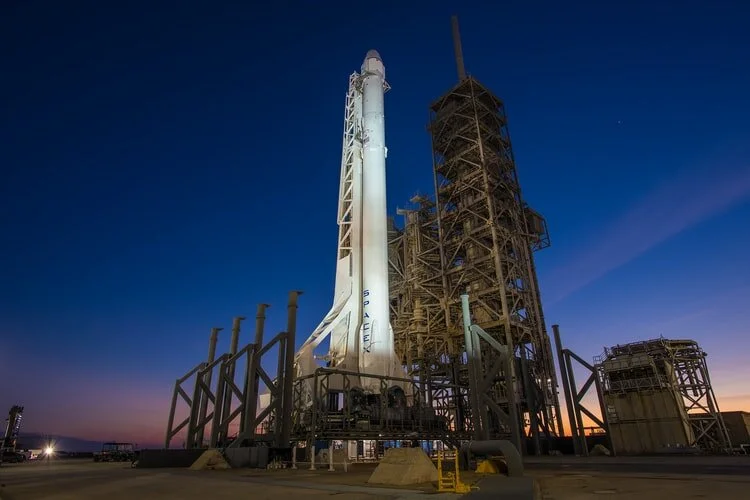Low Carbon Future
The world has been given a deadline to stop and begin to reverse the impacts of climate change. This means lowering the global production of greenhouse gases including carbon dioxide. Preventing the destructive impacts of climate change rests on this commitment. Key measures include halving our global energy-related carbon emissions by 2030 and aiming for carbon neutrality by 2050.
As we begin to emerge from a time of uncertainty, we have the change to build back better and take a new direction. A recent study by Harvard University found far greater coronavirus death rates in American states where air pollution was prominent, compared to states with lower particulate and carbon dioxide levels. This information is another file in the forever mounting case against the old, polluting industries, highlighting that now, more than ever, is the time to begin the global transition to a low carbon future, not simply for the survival of our ecosystems but the health of our citizens.
This means decarbonising industry, moving away from fossil fuels and towards industries which rely on low carbon technologies such as solar, wind, or geothermal energy. It means developing our globally economies based on renewable resources rather than finite ones. As we begin the process of COVID-19 recovery it is vital that countries across the world put renewable energy and low-carbon technologies at the forefront of this journey.
Will this change in direction yield the rewards we hope for?
The International Renewable Energy Agency (IRENA) recently released the Global Renewables Outlook, exploring the socioeconomic impact of several clean energy and low carbon scenarios which could be achieved by 2060 if there were a global shift in the way we invest. The results speak volumes.
The simplest steps outlined by the IRENA describe an ambitious, yet realistic scenario based on the implementation of renewable energy sources and improved energy efficiency. Turbine usage would be increased and upgraded, hydropower plants implemented, solar and geothermal energy generation scaled up and renewable resources utilised. This scenario costs $19 trillion more than a business-as-usual approach, but the benefits speak for themselves, yielding $50-142 trillion by 2050, growing the world’s GDP by 2.4%. These results are based on a ROI of between £1: £3 and £1 to £8.
Under this Scenario, globally we would be looking at 21 million new jobs created by 2050, rising to over 100 million when considering the impact of the entire energy sector. Although the initial investment seems substantial, governments need to understand the ever-greater positive benefits which will occur as a result. Environmental protection and economic growth can more than coexist, they are intimately interrelated.
The Deeper Decarbonisation Perspective describes an accelerated action in specific areas to not only keep global temperatures well below 2 (°C) and towards 1.5°C as the Transformation Energy Scenario promises to do, but reducing energy and process-related CO2 emissions to net zero by 2050-2060. This scenario is more costly in terms of initial spend, racking up $35-45 trillion. However, the savings range from $62 trillion to $169 trillion when accounting for avoided health and social costs from reduced air pollution.
The research by IRENA illustrates the societal benefit associated with sustainable investment in terms of low carbon, energy efficient structures, and quantifies the monetary benefit. At Route2 we build upon research to develop and build calculations which allow businesses to understand their societal impact. The ROIs published by IRENA can be applied to situations such as ethical investing, to understand the societal impact associated with socially orientated funds which invest in low carbon structures, renewable energy and clean energy technologies, allowing businesses to quantify this positive impact.
Governments have an important decision to make - as we come out of the other side of COVID, will they invest in renewable energy, a clean future and a change to build back better?
Route2 delivers unique insights into the total impact of business activities. We offer businesses expert advice and analysis about historical and future performance. Our services (coined Value2Society) strengthen decision making, establish competitive advantage and enhance the value business delivers to society.
To find out more, email us at info@route2.com or phone +44 (0) 208 878 3941
Follow our social media to never miss a post:











